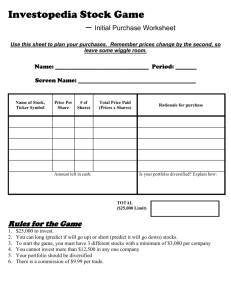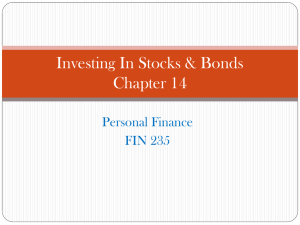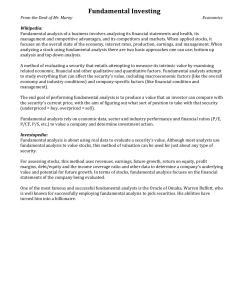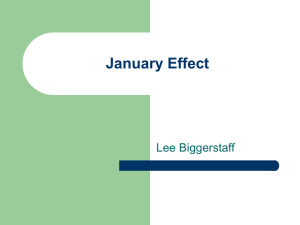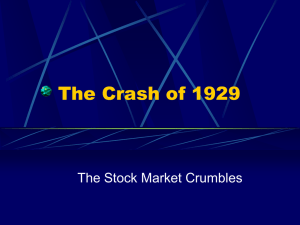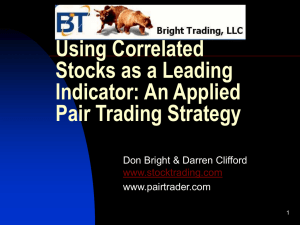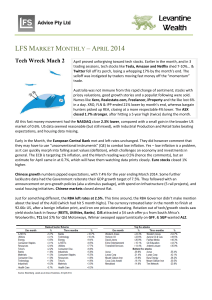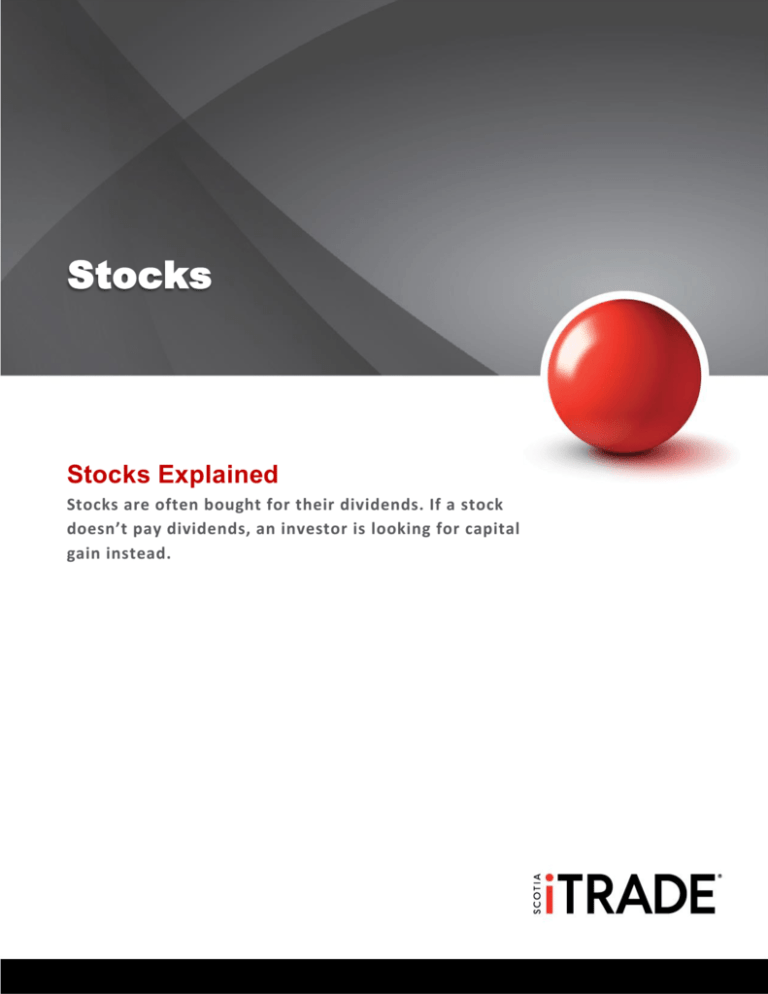
Lorem ipsum dolor
Sit amet, consetetur sadipscing elitr, sed diam nonumy
eirmod tempor invidunt ut labore et dolore magna
gubergren, no sea takimata sanctus est Lorem ipsum
dolor sit amet.
Stocks
Stocks Explained
Stocks are often bought for their dividends. If a stock
doesn’t pay dividends, an investor is looking for capital
gain instead.
Stocks
Investors and traders should bear in mind that Stocks are volatile - that is, they
change in value constantly. And while the opportunity for capital gains is often an
attractive one, the potential for capital loss exists as well.
What Are Stocks?
Stocks Features
Stocks Explained
There are several reasons to consider owning
Stocks.
When you purchase Stocks, or Equities you
become a part owner of the business. This
normally entitles you to vote at the
shareholders' meeting and allows you to receive
any profits that the company allocates to its
owners. These profits are referred to as
dividends.
Many Stocks don’t pay a dividend though, so
they aren’t bought for income. Instead,
purchasers hope that they will be able to sell
them later for more than they paid, and make
what is called a capital gain.
Investors and traders should bear in mind that
Stocks are volatile - that is, they change in value
constantly. And while the opportunity for
capital gains is often an attractive one, the
potential for capital loss exists as well.
Capital Gains
Cash Dividends
Payout ratio
Dividend yield
Stock Dividends
Stock Split
Voting Rights
Limited Liability
Liquidity
Compared to bonds, Stocks can often provide
the opportunity for relatively high potential
returns. The price for this potential, though, is
that you must assume the risk of losing some or
all of your investment.
2
Stocks | Scotia iTRADE
How Stocks Are Priced
Stocks can generally be sold at the "bid" price, that is, the highest price at which
one can sell stock as determined by the market. And they can generally be bought
at an "ask" price, the lowest price at which one can buy the stock as determined
by the market. Together, the two prices comprise a stock's "quote." The
difference between the two prices is called the "spread."
Here is an example of a stock quote for Bank of Nova Scotia:
Last
The last price the stock traded at on
the day in question
Change
The dollar value and percentage
change of the Last price compared to
the previous trading day’s close
Bid
If you are selling, the bid is the highest
price at which someone is willing to
buy from you
Bid Size
The number of shares currently
available for sale displayed in board
lots (usually 100 shares)
3
Ask
If you are buying, the ask is the lowest
price at which someone is willing to sell
to you
Ask Size
The number of shares offered at the
ask price displayed in board lots
Volume
The total number of shares traded so
far that day
Day Range
The lowest price and the highest price
the stock has traded at so far that day
Stocks | Scotia iTRADE
Stock Quote
The price of a stock as quoted on an exchange. It provides
information such as a stock’s bid and ask price, the change to the last
trading day, as well as volume traded.
Get a Stock Quote
Navigate to ‘Quotes & Research’ and select ‘Equities’. Type the Equity symbol you are interested in, and
select ‘Go’. The stock quote will show up on top of your Equities Overview Page.
A quote can also be found within the trade ticket:
4
Stocks | Scotia iTRADE
Key Statistics
When visiting an Equities Overview page, you also have access to Key Stats
52 Week Range
The lowest price and the highest price
that the stock has traded at in the last
52 weeks
Market Cap
The market capitalization of the
company, which is the Shares
outstanding x the Last price
Last Dividend
The date the most recent dividend was
paid on the stock (if any) and the
amount
Dividend Yield
The annualized dividend expressed as a
percentage of the Last trading price
5
The Ex-Dividend Date
The date the stock went ex-dividend,
which means the date it began to trade
without the purchaser being entitled to
receive that dividend
Shares Outstanding
The number of shares that have been
authorized, issued and purchased by
investors, and are held by them.
P/E ratio
Probably the most frequently used
ratio in all of stock market trading. The
number is the quotient obtained by
dividing the price by the earnings per
share
Stocks | Scotia iTRADE
Why Can a Quote Be Different
from the Execution Price?
The market place is a dynamic environment.
Prices are always changing as a given stock's
supply and demand change. You may, for
example get a quote for a stock, then place a
market order for that stock, only to be surprised
that your order was actually executed for a
price other than the one you saw quoted. But in
the minutes, or even seconds, between your
placing an order and the order execution, the
price can change as the supply of, and demand
for, the stock rises and falls. Consider using limit
order instead of a market order.
6
Research a Stock
Scotia iTRADE offers you a suite of tools and
resources to research Equities. Navigate to
Quotes & Research and select ‘Equities’. From
here you have access to
News
Investing Ideas
Equities Screener
Analyst Research
Technical Analysis
If you want to learn how to use this area, please
join us for our bi-weekly webinar ‘How To Get
Started With Scotia iTRADE’.
Stocks | Scotia iTRADE
Invest in Stocks
At Scotia iTRADE, we believe investing should be simple. You can invest in Stocks
listed on major North American exchanges, and pick from Stocks sold over-thecounter in Canada and the U.S. With the Equity trade ticket, you can place ‘buy’
and ‘sell’ orders. Depending upon your investment objectives, you can customize
your orders by type and timing.
Select Account
Select Symbol or use magnifying glass
to search
Select Market
Select Order Type, i.e. do you want to
buy or sell
Enter Quantity
Select Expiry Term, i.e. Day or GoodUntil-Canceled Order (GTC) up to 30
calendar days
For All-or-None Orders, check the box.
Learn more
Click ‘Preview Order’. Check your order
carefully before inserting your Access
Code and submitting your order
Select Price Type, i.e. Market, Limit,
Stop or Stop Limit Order
7
Stocks | Scotia iTRADE
To learn more about Equities and Equity Tools, join our Webinars or view our
Webinars on Demand.
8
Stocks | Scotia iTRADE
Mailing address
Investor Information Centre
Scotia iTRADE
PO Box 4002 Station A
Toronto, ON
M5W 0G4
48 Yonge Street (Yonge/Wellington)
Toronto, ON, M5E 1G6
Tel: 1-888-769-3723
Email: education@scotiaitrade.com
Scotia iTRADE® (Order-Execution Only Accounts) is a division of Scotia Capital Inc. ("SCI"). SCI is a member of the Investment
Industry Regulatory Organization of Canada and the Canadian Investor Protection Fund. Scotia iTRADE does not provide
investment advice or recommendations and investors are responsible for their own investment decisions. ®Registered trademark of
The Bank of Nova Scotia. Used under license.
© Scotia iTRADE 2014. All Rights Reserved.

